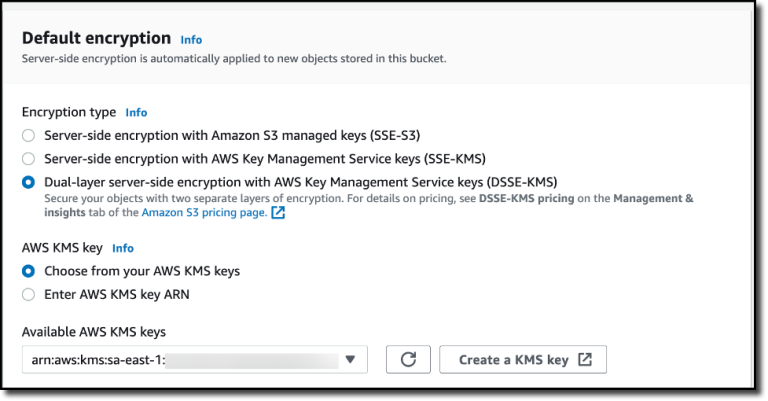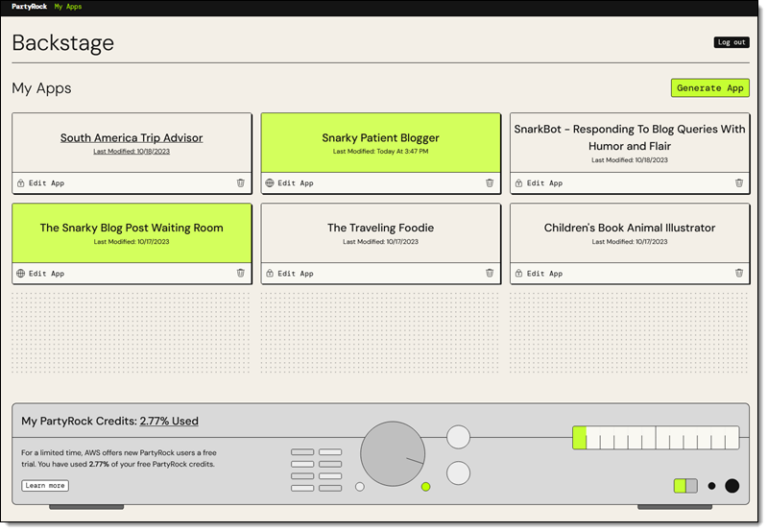If you use GNOME or Ubuntu, then GNOME Disks is probably what you rely on if you ever need to do any disk management operations, so it’s a relatively important piece of software for GNOME and Ubuntu users. Now if you’re a command line geek, you might handle disk management via command line, and that’s fine, but most users don’t know how to do that. Or if you’re living in the past like Ubuntu and not yet using Wayland, you might prefer GParted (which does not work under Wayland because it requires root permissions, while we intentionally will not allow applications to run as root in Wayland). But for anyone else, you’re probably using GNOME Disks. So it would be good for it to work reliably, and for it to be relatively free of bugs.
I regularly receive new bug reports against GNOME Disks. Sometimes they’re not very well-constructed or based on some misunderstanding of how partitioning works, in which case I’ll close them, but most of them are good and valid. So who fixes bug reports against GNOME Disks? The answer is: nobody! Unless it’s really, really easy — in which case I might allocate five minutes for it — nobody is going to fix the bug that you reported. What a shame!
Who is the maintainer? In this case, it’s me, but I don’t actually know much anything about the application and certainly don’t have time to fix things; I just check Bugzilla to see if anybody has posted a patch, so that contributors’ patches (which are rare) don’t get totally neglected, and make new releases every once in a while, and only because I didn’t want to see such a critical piece of software go completely unmaintained.
If you’re a software developer with an interest in both GNOME and disk management, GNOME Disks would be a great place to help out. A great place to start would be to search through GNOME Bugzilla for issues to work on, and submit patches for them.
Of course, Disks is far from the only unmaintained or undermaintained software in GNOME. Last year, Sébastien set up a wiki page to track unmaintained and undermaintained apps. It has had some success: in that time, GNOME Calculator, Shotwell, Gtranslator, and Geary have all found maintainers and been removed from the list of unmaintained modules. (Geary is still listed as undermaintained, and no doubt it would be nice to have more Geary maintainers, but the current maintainer seems to be quite active, so I would hesitate to list it as undermaintained. Epiphany would love to have a second maintainer as well. No doubt most GNOME apps would.)
But we still have a few apps that are listed as unmaintained:
- Bijiben (GNOME Notes)
- Empathy
- GNOME Disks
No doubt there are more GNOME modules that should be listed. If you know of some, please add them or leave a comment here.
Help would be very much welcome with any of these. In particular, Empathy and Bijiben are both slated to be removed from Fedora beginning with Fedora 27 due to their unacceptable dependencies on an old, insecure version of WebKitGTK+ that is about to be removed from the distribution. Most of the work to port these applications to modern WebKitGTK+ is already done (and, in the case of Empathy, I’ve already committed the port to git), but an active maintainer is required to finish the job and get things to a releasable state. Last I checked, Bijiben also still needed to be ported to GTK+ 3.20. If nobody is interested in helping out, these apps are going to disappear sooner rather than later.
Disks, fortunately, is not going to disappear anytime soon. But the bugs aren’t going to fix themselves.
P.S. This blog is not the right place to complain about no longer allowing applications to run as root. Such applications can and should use Polkit to move privileged operations out of the GUI and into a helper process. This should have been done roughly a decade ago. Such applications might themselves be unmaintained or undermaintained; can you help them out?





